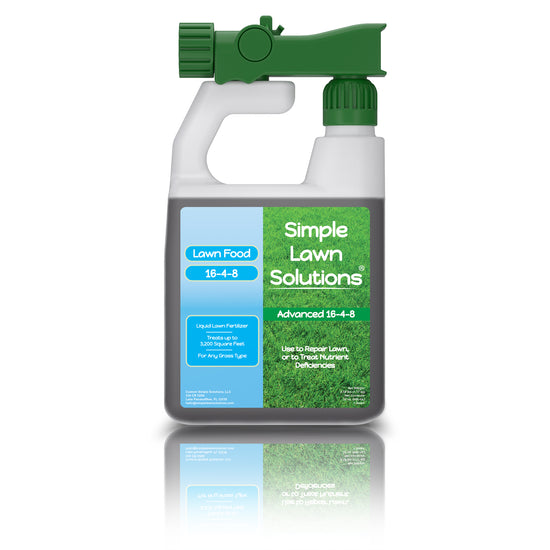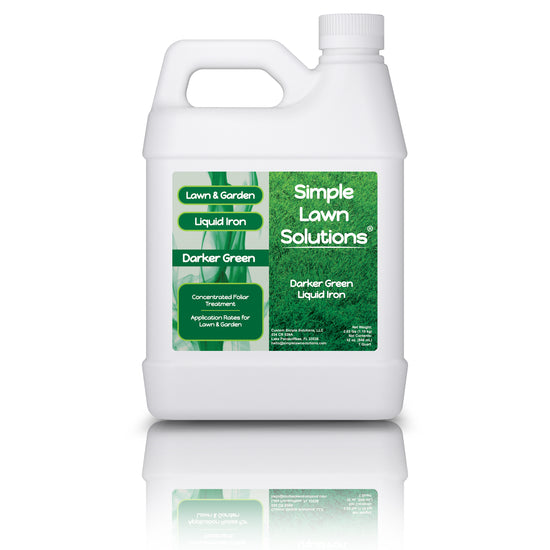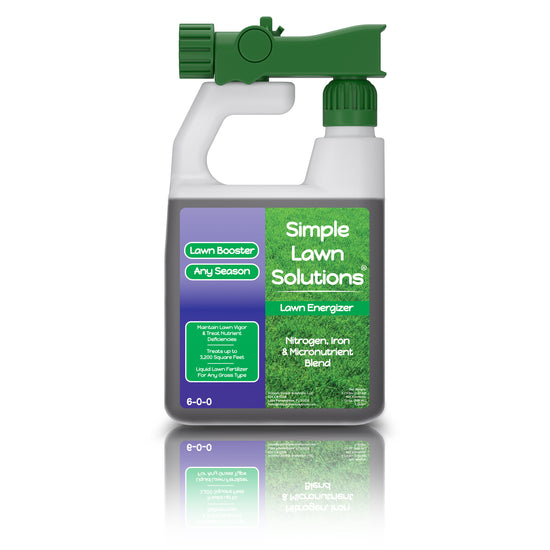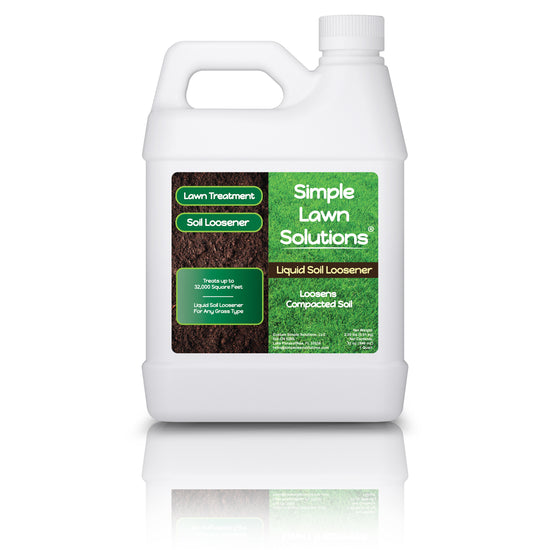When it comes to using the bathroom, sometimes household pets can do a number on your lawn when they go number one. Pet urine can create grass burns, discoloration, or dead patches in your lawn that can quickly undermine your yard's health. With proper lawn care and lawn treatments like liquid fertilizer, you can counteract lawn damage caused by pet urine.
Pet Damage on Grass
Your grass acts as nature’s bathroom for dogs, sometimes cats, and even small wild animals like rabbits and birds. These natural acts can lead to pretty nasty results and damage to your lawn in the form of unattractive lawn spots. Dog urine is not only potent but contains a high concentration of nitrogen that can burn, stunt, or otherwise damage your grass. Too much nitrogen can throw off the balance of macronutrients in the soil, causing unsightly lawn issues like grass burns. To learn more about making healthy soil, check out these recommendations.
Greener Grass
One way to minimize the damage of pet urine is to quickly dilute these spots with water after your pet has done its business. It is best to NOT apply fertilizers for a while as the over-concentration of nitrogen can hurt your lawn. Apply a lawn food after some time has passed and you have over-seeded. You also may want to dig out the contaminated soil and replace it with new topsoil for best results.

Other Reasons for Yellow Spots
Once you treat your lawn for pet damages, you can test your success by blocking off usage of a specific part of your lawn and watching for any new yellow spots or dead patches. If you still see that your lawn is damaged and know it's not from your pet, these spots can come from a multitude of other lawn issues such as inadequate water, overexposure to the sun, or a nutrient deficiency in the soil.









